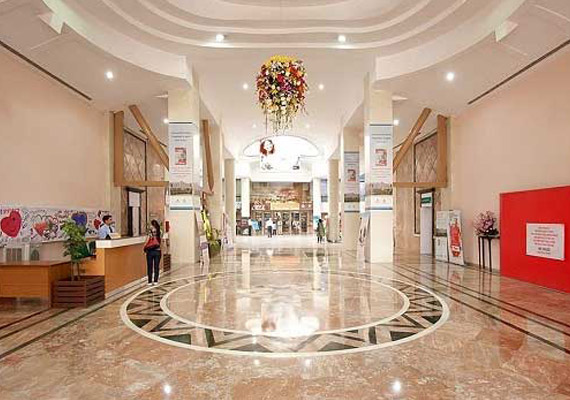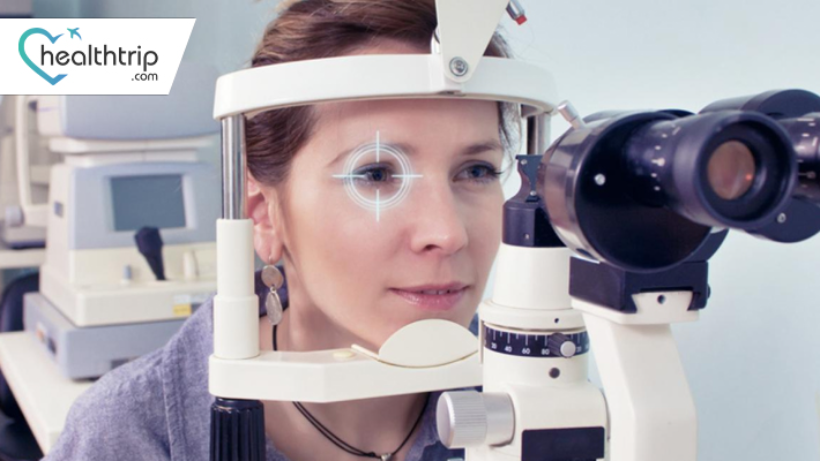Cornea Transplant Treatment in India
Treatment
starting from
A cornea transplant, also known as keratoplasty, is a surgical procedure used to replace part or all of a damaged or diseased cornea with healthy corneal tissue from a donor. The cornea is the clear, dome-shaped surface that covers the front of the eye and plays a key role in focusing vision. Various conditions can affect the cornea, including keratoconus (a condition that causes thinning and bulging of the cornea), corneal ulcers, scarring from infections, and complications from previous eye surgeries.
There are different types of cornea transplants:
- Penetrating Keratoplasty (PK): Involves replacing the entire cornea with a donor cornea.
- Lamellar Keratoplasty: Only the affected layers of the cornea are replaced, either the deeper layers (deep anterior lamellar keratoplasty, DALK) or the surface layers (anterior lamellar keratoplasty, ALK).
- Endothelial Keratoplasty (EK): Specifically targets the innermost layer of the cornea. This type has become more common due to its less invasive nature and quicker recovery times. It includes Descemet’s Stripping Automated Endothelial Keratoplasty (DSAEK) and Descemet’s Membrane Endothelial Keratoplasty (DMEK).
The surgery can be performed under local or general anesthesia, depending on the extent of the transplant and the patient's needs. Recovery involves wearing an eye patch initially and using eye drops to promote healing and prevent infection. The total healing process can take several months, during which patients must avoid activities that could impact the eye.
Cornea transplants generally have a high success rate, particularly for conditions not related to active infections. Post-operative care is crucial to monitor for complications such as rejection, where the body’s immune system attacks the new cornea. Signs of rejection include redness, pain, and decreased vision, and require prompt treatment to save the graft.
How It Works
Need help in organizing medical travel to India?
FAQs
A person requires a cornea transplant when he/she suffers from eye damage. The damage could be due to an injury, complications of LASIK surgery, hereditary conditions, thinning of the cornea, or in some cases, due to an infection.
After the surgery, the vision may be more reduced than before because the eye takes some time to adjust to the new cornea. It may take weeks or even months for the eye to adjust completely after the surgery and for the vision to improve.
The risk of the eye rejecting the donated cornea and other complications associated with the surgery may continue to prevail for years after the surgery. The visit to the doctor for follow-up and regular check-up after recovery should be done at least annually.
In case a person has faced cornea rejection from one or more donors and is not eligible for a natural corneal transplant from a deceased donor, the doctors may suggest keratoprosthesis. It is the process of replacing the diseased cornea with an artificial cornea.
It may take months for the restoration of the original vision. The surgeons may perform some procedures to improve the unevenness caused in the cornea. The unevenness may be due to the stitches or issues like nearsightedness or farsightedness.



















